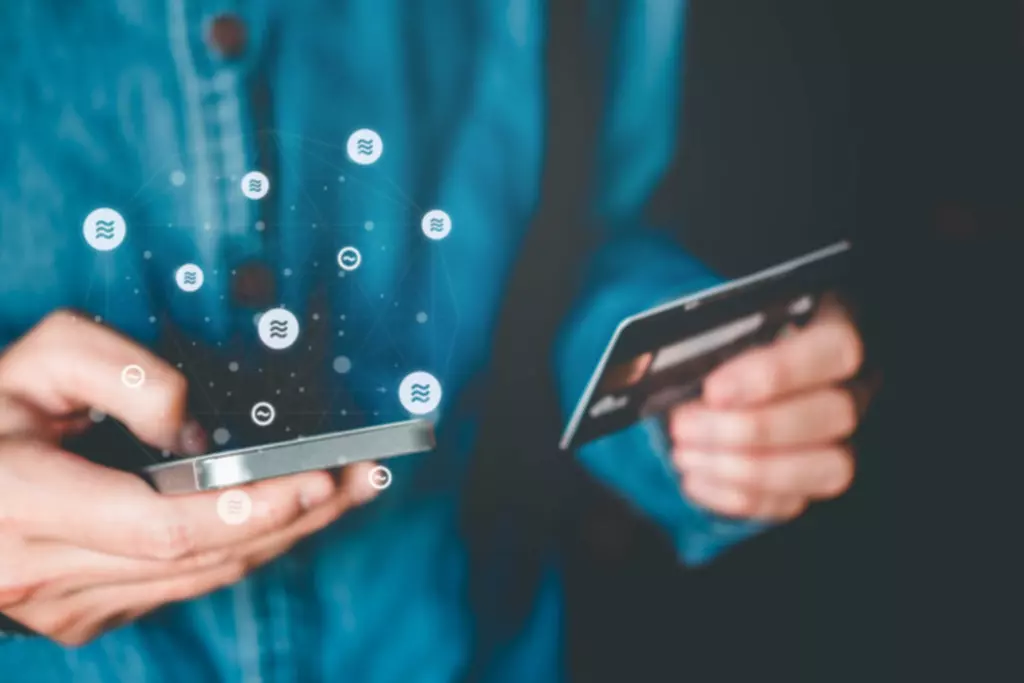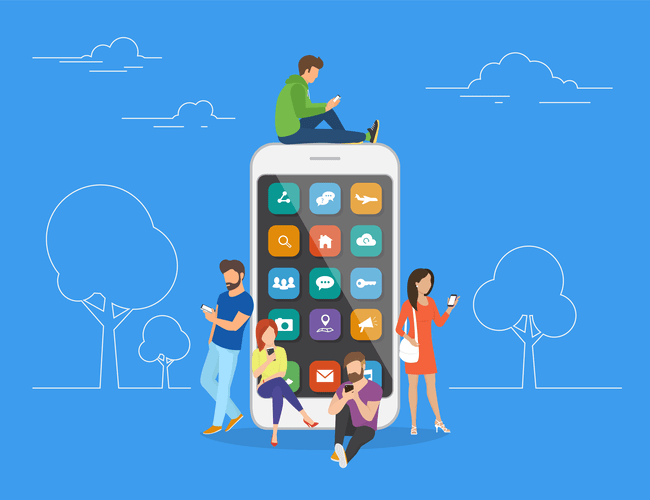NLP analytics also plays a significant role in optimizing operational efficiency within the travel and hospitality industry. By automatically categorizing and analyzing data, such as customer feedback, online reviews, and social media mentions, businesses can identify areas of improvement and tailor their strategies accordingly. The next step in the travel plan is deciding how to spend the vacation. This includes deciding the place to stay, the number of days to stay, the type of hotel to choose, and the places that need to be visited on a priority basis. Natural language processing tools can be of great help in this aspect as they can help in suggesting and curating custom travel packages for individuals. The NLP tools analyze the individual’s search preferences regarding their holiday.

The process of extracting tokens from a text file/document is referred as tokenization. The words of a text document/file separated by spaces and punctuation are called as tokens. Watch IBM Data & AI GM, Rob Thomas as he hosts NLP experts and clients, showcasing how NLP technologies are optimizing businesses across industries.
Using On-street Parking Data for Smart Urban Planning
During this period, I happened to re-watch this movie (one of my all-time favorites), which made a highly positive association in my mind with my current Data Science project. Businesses are looking to hire generative AI freelancers to support development and adoption efforts of large language models, Upwork data shows. Organizations https://www.globalcloudteam.com/ face more disruption as they deal with an increasingly complex threat landscape. This business impact analysis (BIA) identifies the impact of downtime, data loss requirements, recovery time and more. NLP is used in dozens of ways by computer systems and mobile applications to perform a wide variety of tasks.
- Because of the diversity of user comments, the related words are grouped into one broad category when counting.
- An influencer with a half a million followers, he is a highly seasoned professional with more than 20 years of comprehensive experience in customizing open source products for cost optimizations of large scale IT deployment.
- This can help them to better understand customer preferences and tailor their services to meet customer needs.
- Therefore, a chatbot like Skyscanner is able to cut through the noise, connecting with consumers at their own pace and in the social media spaces they frequent most often.
- As we find ourselves venturing across borders and exploring new destinations, the importance of exceptional customer service and personalized experiences in the travel and hospitality industry has never been more significant.
- It could even autonomously sense the need for these adaptations, without specific requirements from the user.
- The TF-IDF algorithm is used to calculate the frequency of the candidate product feature words, reflecting the importance of the feature words.
Users can also use it to request travel recommendations and unplanned suggestions. Unlike e-commerce or retail brands that use chatbots, which can seem gimmicky, it’s fair to say that examples like Skyscanner are much more relevant and useful to everyday consumers. After all, with the advent of so many other travel search sites, consumers are overwhelmed with choice – not necessarily helped by it. Therefore, a chatbot like Skyscanner is able to cut through the noise, connecting with consumers at their own pace and in the social media spaces they frequent most often. I acquired 10,000+ reviews by scrapping Trip Advisor’s page for Yosemite National Park.
NLP Analytics in Travel and Hospitality: Enhancing Customer Service and Personalization
Sigala (2018) states that machines are good at complex reasoning and at algorithm-based and repetitive tasks, while humans are best at generalization, perception, creativity, and interaction with the real world. However, as Sigala (2018) herself mentions, it is not the case that machines and technologies are unable to perform the tasks that humans are currently best at. It is simply that it is currently more expensive for computers to perform such tasks. As for the concern regarding a society fully guided by technology, tourists will probably have to choose between more automated, efficient, and cost-efficient services and less automated and human-based luxury services. For example, hotels will probably be located on a continuum, as described above. Recommender systems are tools and techniques oriented toward giving travelers options that best fit their interests (Ricci et al. 2015).

Businesses will be able to understand their customers better and thus design products, services, and experiences that are better tailored to their needs. It will also be possible for businesses to dynamically create personalized packages according to client interests. Technologies will replace and complement certain jobs, thus reducing overall operational costs and leading to savings that can then be partially passed on to customers. It also means that businesses will be able to offer services at an affordable price which might previously have been prohibitively expensive (Bowen and Morosan 2018). In other cases, technology can enhance particular jobs or free workers from certain tasks, improving service and customer support.
Statistical NLP, machine learning, and deep learning
Since launch in 2006, it has grown to support over 100 languages and over 200 million uses a day. This huge amount of data, combined with recent improvements in ‘neural machine translation’, make Google Translate one of the most important tools for rapid translation. There has been an intense debate in the academic literature over which jobs are more susceptible of being performed by machines.

” This paper helps address the research gap and adds to sentiment analysis of online travel reviews through the application of the BERT model. The integration of NLP analytics in the travel and hospitality industry presents an exciting opportunity for businesses to revolutionize their operations and provide exceptional experiences to their customers. By utilizing the power of natural language processing, companies can gain valuable insights, improve customer experiences, optimize service delivery, and refine their marketing strategies.
NLP is taking the travel and tourism industry to new places. Here’s how
You can view the current values of arguments through model.args method. They are built using NLP techniques to understanding the context of question and provide answers as they are trained. There are pretrained models with weights available which can ne accessed through .from_pretrained() method. We shall be using one such model bart-large-cnn in this case for text summarization. You can notice that in the extractive method, the sentences of the summary are all taken from the original text. Iterate through every token and check if the token.ent_type is person or not.

It’s used in any voice AI, like communication with Siri, Alexa, or your Samsung-deployed talking refrigerator. In fact, this ‘search’ feature (a human asking a computer for information) is where most of NLP research is https://www.globalcloudteam.com/9-natural-language-processing-examples-in-action/ focused. From the above output , you can see that for your input review, the model has assigned label 1. The transformers library of hugging face provides a very easy and advanced method to implement this function.
Redefining the sightseeing experience
These systems include recommender systems, personalization systems and techniques, conversational systems (chatbots and voice assistants), forecasting tools, autonomous agents, language translation applications, and smart tourism destinations. Although we analyze each system separately, it must be stated that tourists will usually interact with technologies that integrate several of these systems. For example, a guest may interact with a robot that integrates a conversational system, and, depending on the requirements, a recommender system, a personalization technique, or an autonomous agent. The dialogue with the user may be based on a chatbot or voice assistant. Some studies tend to evaluate the content quality of online reviews.
Voice assistants such as Alexa, Siri, or a customized voice assistant can be leveraged to provide personal voice assistance to guests at the hotel. Similarly, AI-driven robots with NLP and NLU capabilities can provide an enhanced room service experience. These robots can understand the customer’s needs and provide services accordingly.
Search
Then, the BERT is used to classify the user sentiments in the dataset created in this paper. Google introduced BERT in 2018, which uses an attention mechanism to identify all other word-related contexts present in a text sequence. The bidirectional feature of BERT is used to learn the perspective of phrases centered on the surrounding environment. It consists of an encoder consisting of multiple self-attention modules with hidden layers. The model uses the previous and next contexts to generate the word representations present in the corpus. There is no doubt that we will see many travel and hospitality organizations using AI for intelligent recommendations and launching their own chatbots.
